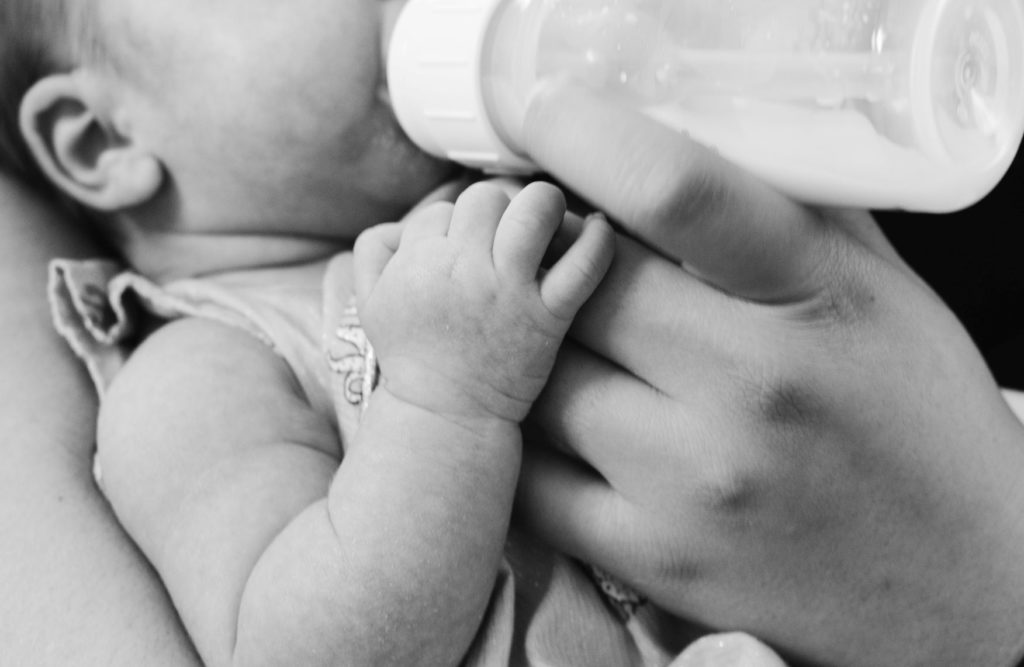
What is gagging?
Gagging is an essential protective reflex of the body. It is typically triggered by stimulation of the posterior part of the tongue. However, when you witness your newborn baby experiencing gagging for the first time, it can be a startling experience. This might lead you to seek answers online, wondering about the causes and potential dangers of this reflex. Let’s delve into the details and provide clarity.
Gagging Due to Reflux or Excess Saliva
Reflux is a prevalent concern, particularly among newborns. Your baby might gag or even choke when the contents of their stomach flow back into the oesophagus. To mitigate such incidents, it’s advisable to keep your baby upright for a minimum of 20-30 minutes after feeding. Additionally, make sure to burp your baby during and after feeds.
Around the age of 8 weeks, babies begin producing increased amounts of saliva, which they might not yet know how to manage effectively. This can occasionally result in gagging or choking. There’s no need for alarm here – your baby’s natural processes will handle the situation.
Gagging While Feeding

If your baby experiences gagging while feeding, the issue could be related to the teat or its flow. Experiment with different teat sizes and shapes to identify the problem. Adjust the pace of feeding and offer breaks if your baby appears to be consuming milk too rapidly.
Gagging Induced by Pacifiers
Occasionally, a pacifier that is too long for your baby’s reflexes might trigger gagging. Consider trying a smaller, shorter pacifier. You might need to test out a few brands or types before finding the best fit for your baby.
Resolving Fluid in the Lungs
During gestation, your baby’s lungs are filled with fluid. Typically, this fluid is expelled when the baby passes through the birth canal. However, there are instances when residual fluid remains. In the first few days of your newborn’s life, coughing and gagging might help them expel this fluid. This process aids in clearing the lungs as the fluid is brought up and released from their tiny body.
While witnessing your baby experience gagging might cause concern, it’s vital to remain composed and allow their reflexes to perform their intended function of clearing the airways. Should gagging persist or if you observe any alarming change in your baby’s facial colour – particularly if it turns purple or blue – it’s recommended to contact NHS 111 immediately or proceed to the nearest Accident & Emergency (A&E) department. Your baby’s safety and well-being are of paramount importance.



